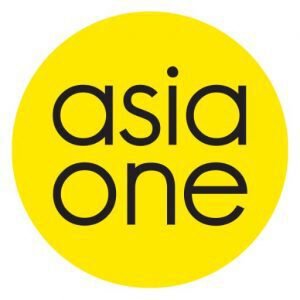- Beijing has accused the United States of “gravely backpedaling” on its stance toward Taiwan. China’s Foreign Ministry took issue on Monday with a revised fact sheet from the U.S. State Department, which took out a line on Washington’s opposition to independence for the self-governing island that’s home to 23 million people.
- In reference to the State Department’s revision, the Chinese Communist Party (CCP) warned Washington to “stop emboldening and supporting Taiwan independence and avoid further damaging China-U.S. relations.”
- The CCP accused the U.S. of threatening peace and stability in the region, despite China’s so-called “punishment drills” around the island in recent years.
Full Story
Beijing has accused the United States of “gravely backpedaling” on its stance toward Taiwan.
China’s Foreign Ministry took issue on Monday, Feb. 17, with a revised fact sheet from the U.S. State Department, which took out a line on Washington’s opposition to independence for the self-governing island that’s home to 23 million people.
What is the history of Taiwan and China?
China and Taiwan split in 1949 during a civil war in which the Chinese Communist Party came to power, and the nationalists fled to the island of Taiwan, about 100 miles off of China’s east coast, to set up a separate government.
The island is separated from China’s east coast by the disputed narrow waterway known as the Taiwan Strait.
Taiwan’s government and military operate independently from China, though it has never formally declared independence from Beijing.
Why is China upset with the U.S.?
In reference to the U.S. State Department’s revision, the Chinese Communist Party (CCP) warned Washington to “stop emboldening and supporting Taiwan independence and avoid further damaging China-U.S. relations.”
The CCP also accused the United States of threatening peace and stability in the region, which comes despite China’s so-called “punishment drills” around the island in recent years.
Beijing also vowed to retake control of the island, which it views as its own, by 2027.
China’s angry response stems from the U.S. removing a phrase from the State Department’s website. A fact sheet on the website used to read, “We do not support Taiwan independence,” but that phrase seems to have been scrubbed.
What is Taipei saying?
Taiwan welcomed the change, telling The Associated Press that the language reflects “the close and amicable partnership” between Taipei and Washington.
Is this the first time this has happened?
This is not the first time the State Department has removed the phrase. In 2022, it removed the same phrase but put it back up a few weeks later, following condemnation by Beijing.
Why the revision now?
The White House and State Department are not expressly saying why the U.S. removed the phrase. However, the change does come amid Taiwanese concerns that President Donald Trump may not be as strong in his support of the nation as his predecessor, Joe Biden.
Trump accused Taiwan, a leading manufacturer of semiconductors, of taking chip business away from the United States, and pledged to take it back. Former President Biden signed the CHIPS Act, which is also increasing chip production in the U.S.
Why does it matter?
The U.S. does not formally recognize Taiwan as a country, but is contractually obligated to defend the island in case of attack. The U.S. is also the island’s biggest arms supplier.






















